Posts
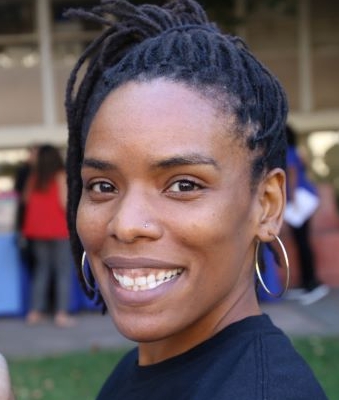
LA Social Science Scholar Profile: The Rise of Jasmin A. Young
Jasmin A. Young is currently a University of California President’s…
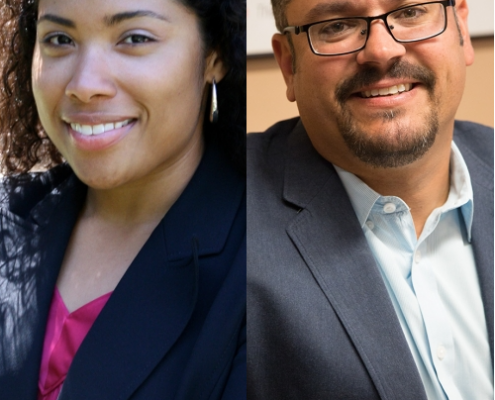
UCLA Researchers Awarded Major NSF Grant to Study 2020 Election
The National Science Foundation has issued a nearly $1 million…
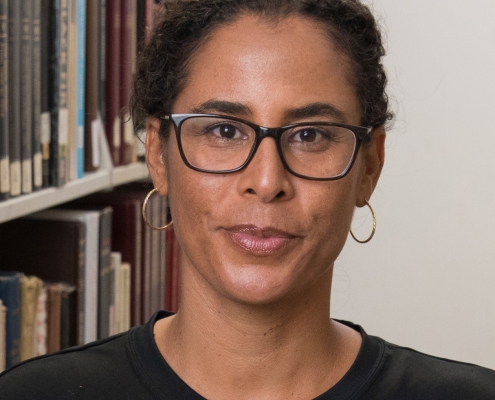
UCLA Professor Kelly Lytle Hernandez Named 2019 MacArthur Fellow
Dr. Kelly Lytle Hernandez, Professor of History and African…
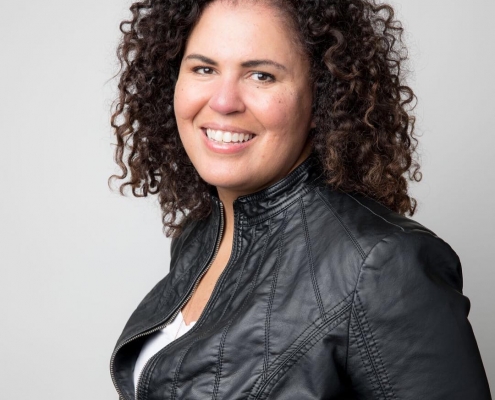
Creating an Equitable Workplace for Women
The New York Times recently hosted the New Rules Summit which…
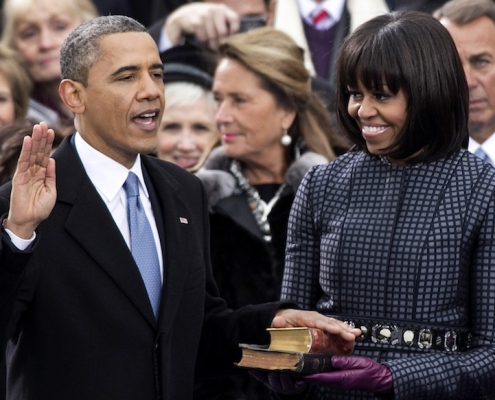
On Board with the Obamas: A Comprehensive Oral History of Their Lives
“Columbia has a rich oral history tradition and they’ve…

A Fresh Perspective: Black Life Across U.S. Cities
UCLA’s Division of Social Sciences is full of amazing faculty,…
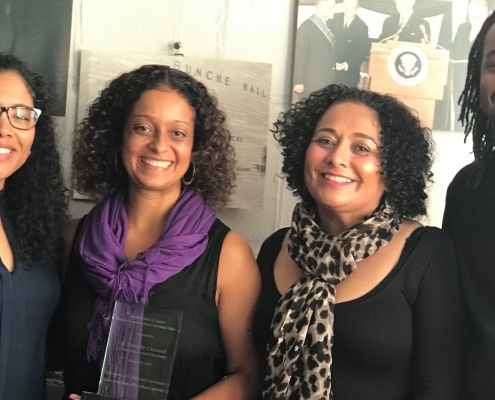
Recap of the Inaugural Sawyer Memorial Lecture in Racial and Ethnic Politics Featuring Dr. Clealand
The UCLA Center for the Study of Race, Ethnicity and Politics…
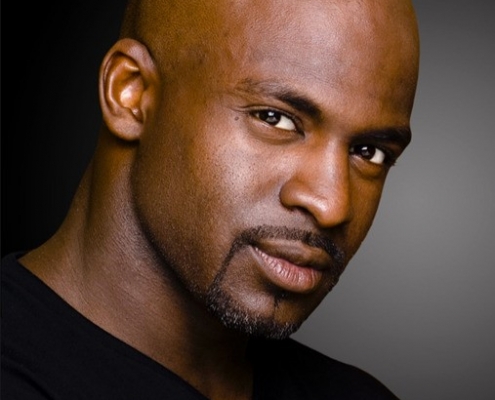
Launch of the “Women Beyond Bars: Reentry and Human Rights” Report — TOMORROW at UCLA
Congratulations to UCLA Associate Professor, Bryonn Bain, for…
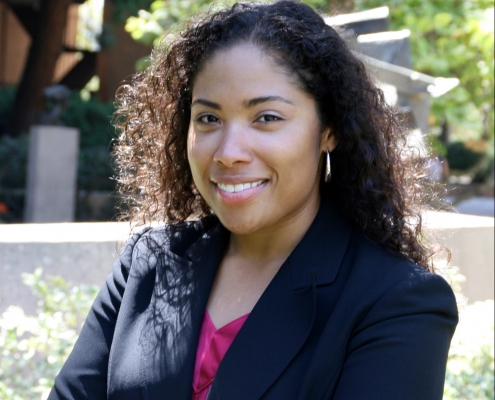
LA Social Science Presents “Conversations with Changemakers” Featuring Dr. Lorrie Frasure-Yokley
Although the academic year is winding down, Dr. Lorrie Frasure-Yokley,…
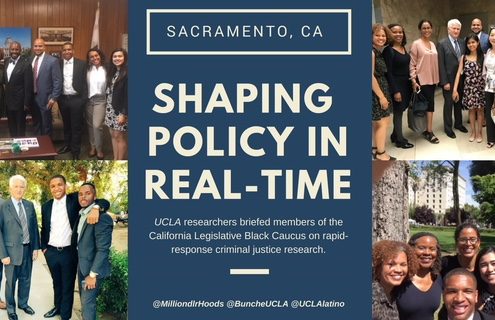
Million Dollar Hoods Goes to Sacramento
May 4, 2018 Last week, Dr. Kelly Lytle Hernandez, professor…

